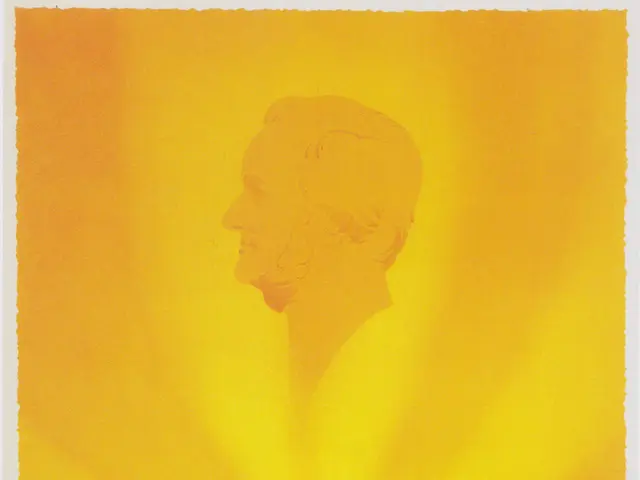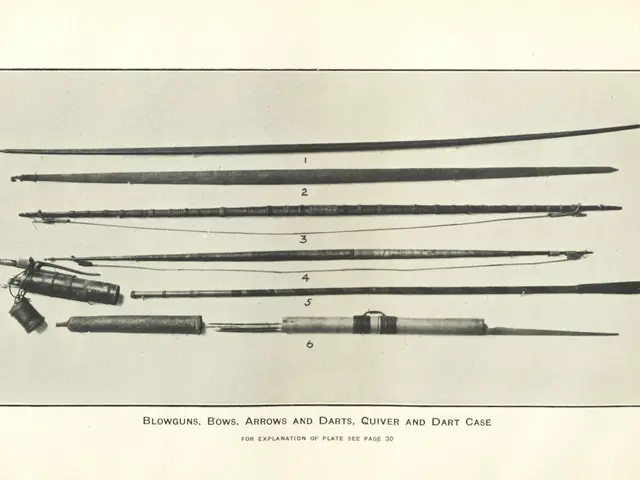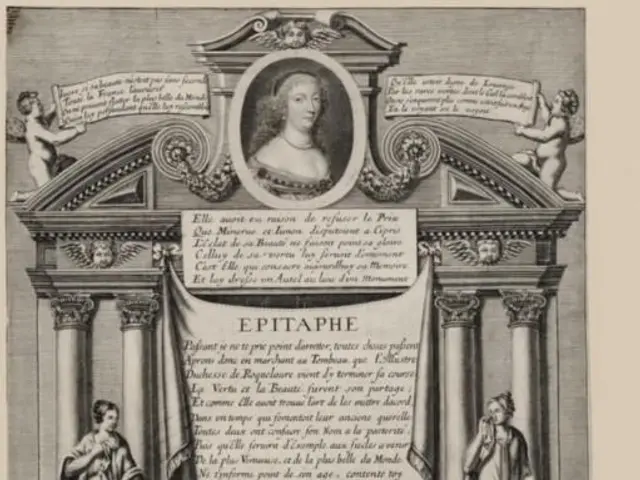Interviews with Filmmakers
Adapting Literature for Film Productions
### Bryce Kass, Screenwriter of On Swift Horses
In an exclusive interview, we speak with Bryce Kass, the brilliant screenwriter behind the upcoming film On Swift Horses. The film, set in the 1950s, follows a group of individuals seeking connection and self-discovery amidst rigid societal expectations.
Q: What initially drew you to this project, and how did you decide on the 1950s as the setting for your story?
A: The thing about the 1950s is that it was a time when anyone who was living on the margins was really limited in how much freedom they had, how much they could express themselves, and how much they could be themselves. That, coupled with the idea of wanting to tell a story about connection and self-discovery, felt like a perfect marriage, especially in this era of societal upheaval.
Q: Can you tell us more about the characters and the emotional journey they go through in the film?
A: On Swift Horses focuses on a few different characters. There's a group of young artists, a quiet socialite, a gay man living in the closeted world of 1950s Hollywood, and an outcast teenager. Each character faces their own unique challenges and tries to find a way to break free from the boundaries imposed on them in order to form meaningful connections and discover their true selves.
Q: This film seems to touch on themes of identity, self-discovery, and societal expectations. How do you hope audiences will feel after watching On Swift Horses?
A: My hope is that audiences will leave the theater feeling a sense of hope and empowerment, knowing that even in the face of adversity, there's always a chance to push back against conformity and embrace our true selves. I also want viewers to feel inspired to stand up for those who may be marginalized, and to create a more accepting and open society.
### Mike Flanagan, Writer-Director of The Life Of Chuck
We had the opportunity to chat with Mike Flanagan, the talented writer and director of the highly anticipated film The Life Of Chuck. Read on for our enlightening conversation about the film, Flanagan's creative process, and his thoughts on the modern art of storytelling.
Q: The Life Of Chuck seems to be a favorite among your feature films. Can you share what it is about this project that resonated with you?
A: Of the feature films I've gotten to work on in my career, this is definitely my favorite by a lot. What I love about Chuck is that despite its silliness, it has a soft, gooey heart. It's a story about friendship, perseverance, and the power of dreams. I think those are things that resonate with all of us, no matter how old we are.
Q: This film takes a unique approach to storytelling by incorporating elements of Stephen King's work. Can you discuss your collaboration with Stephen King in bringing Chuck to life?
A: Working with Stephen King on The Life Of Chuck was an absolute dream come true. He provided some amazing inspiration and suggestions throughout the writing process, and we really tried to capture the essence of his work while also infusing it with our own vision. Overall, it was an incredibly collaborative experience that resulted in a film that I'm really proud of.
Q: How do you hope viewers will react to The Life Of Chuck when it's released?
A: I'd love for people to leave the theater with a big smile on their face, feeling uplifted and with a newfound appreciation for the power of friendship. I also hope that viewers will appreciate the unique blend of comedy, drama, and horror that we've crafted, and that they'll walk away wanting to watch more of our films.
### Wes Anderson, Writer-Director of The Phoenician Scheme
We sat down with visionary director Wes Anderson for an insightful discussion about his newest film, The Phoenician Scheme. In this captivating conversation, Anderson shares his unique storytelling style, the inspiration behind this whimsical story, and the challenges faced during the production process.
Q: The Phoenician Scheme has a distinct Wes Anderson aesthetic. Would you say this film embodies the spirit of your previous work?
A: I like to think that there are elements of my previous work in The Phoenician Scheme, but at the same time, each film is its own separate entity. With this movie, I wanted to explore themes of destiny, deception, and delightful absurdity, as well as bring a new level of heart and humor to the world of historical intrigue.
Q: This film features a diverse cast of characters and a complex narrative. Can you discuss the process of creating these intricate storylines and relationship dynamics?
A: Creating the storylines and character relationships for The Phoenician Scheme was definitely a challenge, but also a lot of fun. I collaborated with a team of talented writers, and we spent countless hours delving into the lives of each character, their motivations, and the intricate web of connections that bind them together. Ultimately, our goal was to create a rich, immersive world that audiences would be drawn into and engage with on an emotional level.
Q: What can viewers expect from The Phoenician Scheme in terms of humor, visual style, and overall tone?
A: I think viewers can expect a witty, visually stunning film that doesn't shy away from the absurdities of life. There's a lot of heart in this movie, and I hope that it resonates with audiences on a personal level. In terms of tone, I would describe it as a whimsical voyage through time and betrayal, one that is both hilarious and heartbreaking in equal measure.
### Will Seefried, Writer-Director of Lilies Not for Me
During our discussion with Will Seefried, the director of the thought-provoking film Lilies Not for Me, we discuss his journey as a filmmaker, the themes of the film, and his hopes for audiences who watch it.
Q: Lilies Not for Me deals with sensitive topics such as queer identity and institutional control in the 1920s. What drew you to this story, and how did you approach tackling these themes?
A: I've always been drawn to stories that explore the past in new ways, and Lilies Not for Me was no exception. This film is a deeply moving look at the intersections of queer identity and institutional control, and the struggles that individuals faced in a time when they were forced to live in the shadows. To approach these themes, I worked closely with a team of researchers, historians, and advisors to ensure that the story was historically accurate and resonated with contemporary audiences.
Q: The film features a talented ensemble cast. Can you discuss the collaboration process with the actors and how they brought the characters to life?
A: Working with the actors on Lilies Not for Me was an absolute pleasure. I collaborated closely with each actor to help them understand their characters' motivations, their backstories, and the emotions they needed to convey on screen. I feel incredibly fortunate to have had such a talented and dedicated group of actors who were able to bring these complex characters to life in a way that felt both authentic and powerful.
Q: What can audiences expect from Lilies Not for Me in terms of themes, visual style, and overall tone?
A: I think audiences can expect a visually stunning and emotionally resonant film that deals with themes of identity, love, and the struggle for freedom in the face of oppression. The visual style of the film is rich and evocative, and the overall tone is one of hope, resilience, and the power of human connection. I hope that viewers will leave the theater feeling inspired, and with a greater appreciation for the struggles that individuals faced in the past, and the progress that has been made in the fight for equality.
- Writing about the 1950s screenwriting process for the movie On Swift Horses, one might discuss how Bryce Kass was drawn to the project due to its exploration of individuals seeking connection and self-discovery amidst societal constraints, and how the 1950s setting was chosen to highlight the limited freedom and self-expression experienced by those living on the margins.
- In the realm of movies-and-tv, a piece on the modern art of storytelling could delve into the unique approach taken by Mike Flanagan in The Life Of Chuck, blending comedy, drama, and horror while incorporating elements of Stephen King's work to create a engaging and uplifting viewing experience.
- Discussing the entertainment landscape of pop-culture and sci-fi-and-fantasy, one could write about Wes Anderson's visionary film, The Phoenician Scheme, and how it embodies a distinctive aesthetic, addresses historical intrigue with whimsy and absurdity, and offers a captivating visual style that has become a staple of Anderson's work.








